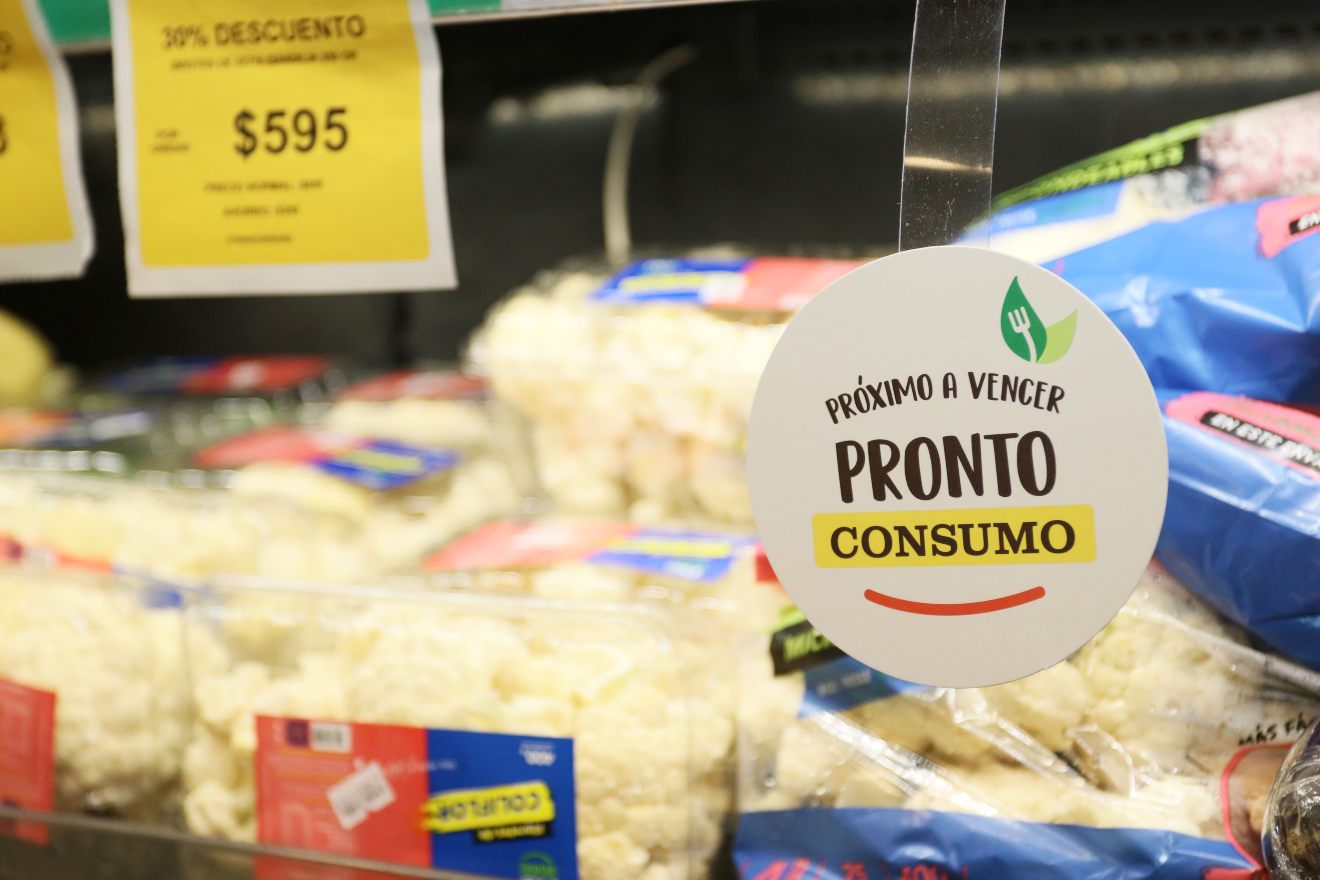- 2025-09-29
- SMU
Zero Food Waste in Retail: Initiatives That Protect the Environment and Support Family Economies

Every year on September 29, the world observes the International Day of Awareness of Food Loss and Waste, a date established to highlight the urgent need to act on this global challenge. According to the United Nations, food waste is responsible for nearly 10% of global greenhouse gas emissions, in a world where 733 million people still suffer from hunger.
In this context, SMU—parent company of Unimarc, Alvi, Mayorista 10, and Super10—leads the Zero Food Waste Program, a core pillar of its sustainability strategy. Since its launch in 2021, the program has successfully recovered 28,085 tons of food.
“Preventing food waste is a key goal for our business. It is part of one of the company’s strategic pillars and a commitment we pursue with conviction. We seek to address this issue from both a social and environmental standpoint, developing collaborative actions that engage our operations, customers, and the broader community,” explained Paula Coronel, SMU’s Corporate People & Sustainability Manager.
From “Quick Consumption” to “Less Waste, More Awareness”
One of the initiatives within the program is ‘Pronto Consumo’ (“Quick Consumption”), which offers discounted prices—up to 30% off—on products approaching their expiration date but still in perfect condition for consumption. This allows customers themselves to help rescue food while benefiting from more affordable prices.
“Through this initiative, we not only prevent waste and reduce associated emissions, but also give our customers the opportunity to access quality products at better prices—making them active participants in this important effort,” added Coronel.
Additionally, when products are no longer suitable for sale, donations are made directly from stores and distribution centers through the ‘Less Waste, More Awareness’ initiative. This program delivers unsellable yet perfectly safe food items to social organizations and animal care or rescue centers.
Finally, for products that cannot be sold or donated, SMU ensures they are repurposed as raw materials in the production of new goods—avoiding waste altogether and promoting a circular economy approach.